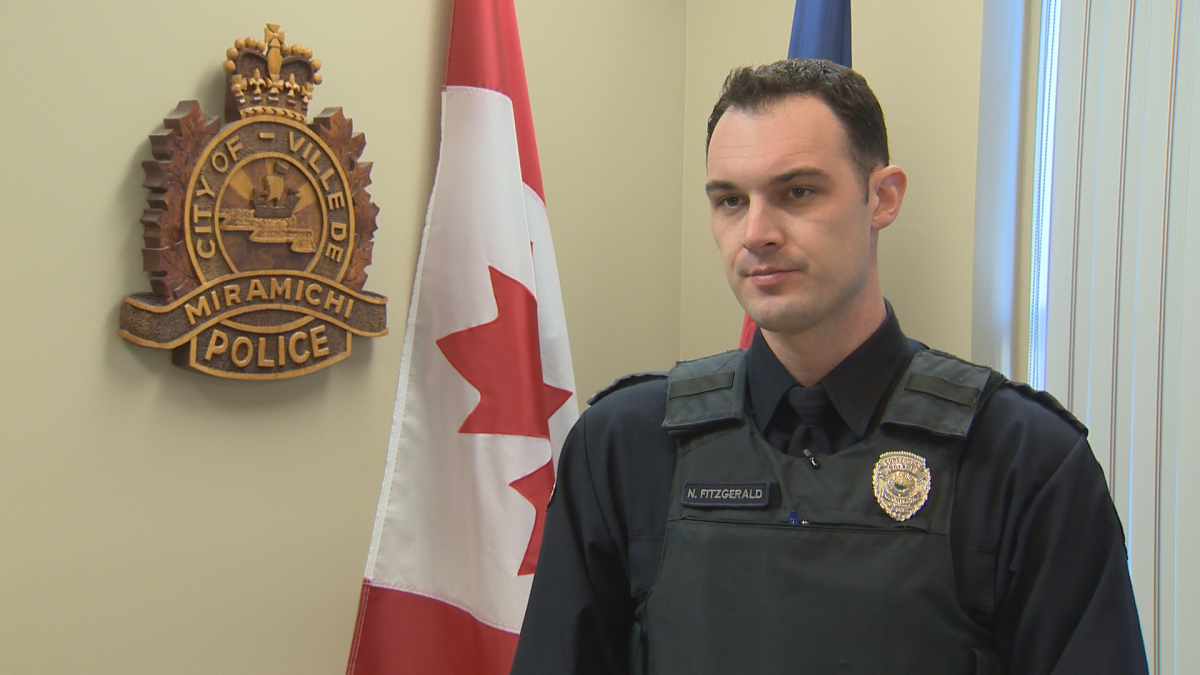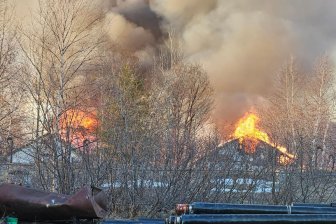A new crisis response unit based in the Miramichi, N.B., area is operational following a recent expansion.

The ‘Addiction and Mental Health Mobile Crisis Response Unit’ started with a “soft launch” in October, assisting Miramichi police and RCMP officers with calls of that nature.
“We define a crisis when, maybe the person themself doesn’t see it, but maybe people around them see that they have pretty much had a loss of control,” says Jacqueline Hare, the acting director for addiction and mental health services in Miramichi. “They are not able to think rationally.”
First responders in the area have long been the ones taking the brunt of calls stemming from mental health or addictions calls, but while they still respond, they’ll often call in the mobile crisis response unit.
“(The unit has) a lot more training and specialization in that area,” says Const. Neil Fitzgerald with the Miramichi Police Force.
Fitzgerald says since November 1, 2019, they’ve relied on the unit 21 times.
“We’ve only had to transport individuals to the hospital seven of those times,” he says. “Whereas previously, we would’ve taken likely all 21 or most of them.”

Fitzgerald says they receive approximately 250 to 300 of similar calls annually and compares the same time period (Nov. 1, 2018 to Jan. 21, 2019) in the year prior.
“We had dealt with I think 23 people within (those) same time parameters and we had taken all 23 (to the hospital),” he says. “Seven and 23 is quite a difference in numbers, so it’s been a significant benefit to us.”
While police may still be required to transport people to hospital for safety of themselves, officers, or members of the crisis response team, wait time for everyone involved is reduced, according to Hare.
“The psychiatrist is there, prepared to see (the person),” she says. “There’s no lengthy wait in the emergency room.”
The crisis response unit is a partnership with police, the Vitalité Health Network, and Telecare.
And the expansion of the unit, which started earlier in January, allows the team to take calls from the public; not just police officers.
“We announced our phone number which is 623 to 3333,” says Hare.
It’s been a fight for three years to get a unit like this together, which consists of two registered nurses and a social worker, Hare says.
The process that took longer as a result of doctor recruitment and retention challenges in the area, she says.
“There is a mobile crisis unit situated in each of the seven (healthcare) regions within New Brunswick,” Hare says. “We are the last to get operational.”
But despite that, she’s pleased it’s fully operational.
“We never want anyone left without a response,” Hare says.
- Naloxone-resistant street drug linked to 9 deaths in Eastern Canada seized in Alberta
- ‘She gets to be 10’: Ontario child’s heart donated to girl the same age
- Buzz kill? Gen Z less interested in coffee than older Canadians, survey shows
- Bird flu risk to humans an ‘enormous concern,’ WHO says. Here’s what to know






Comments